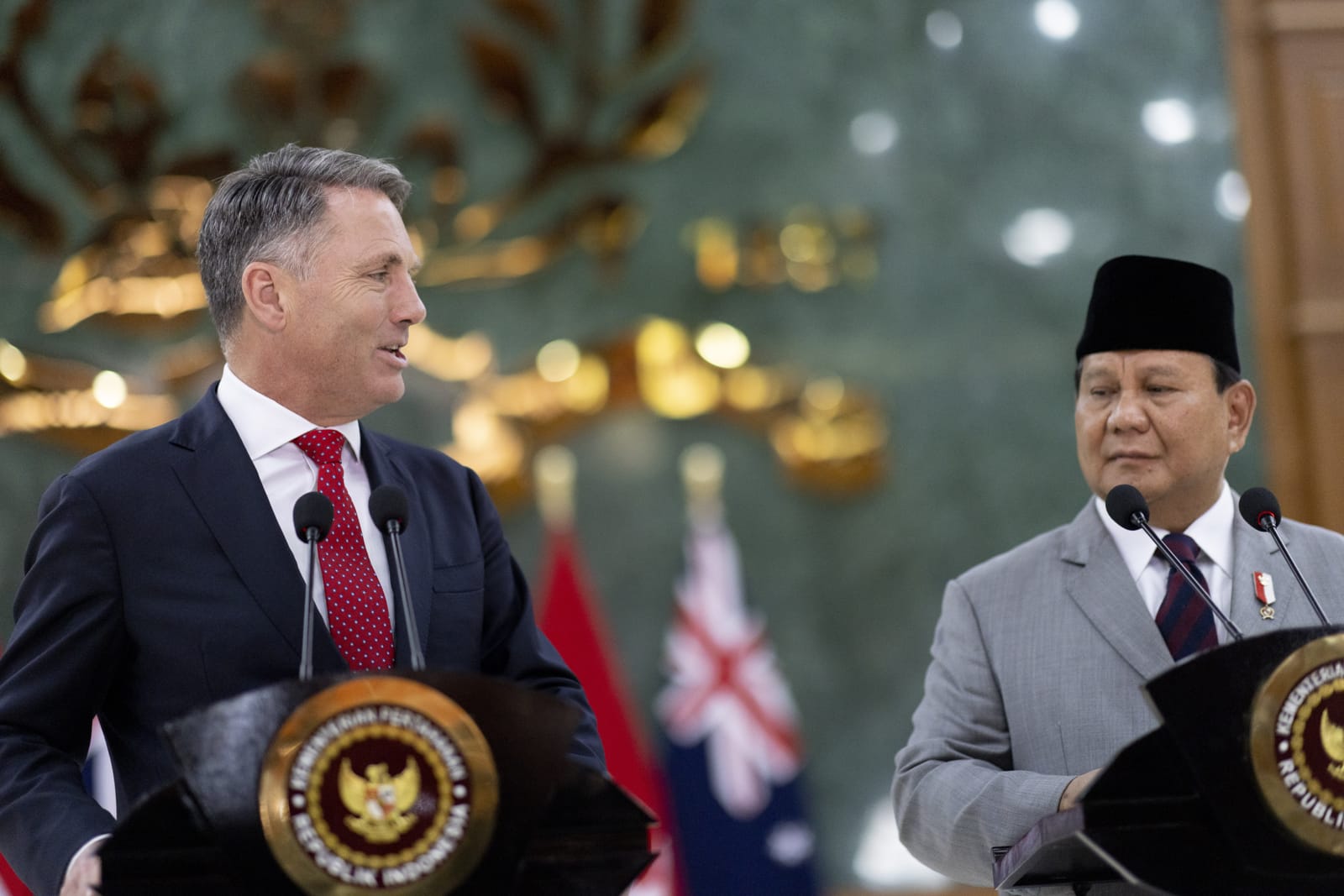Australia and Indonesia signed a defence agreement last month, declared by both sides to be a significant upgrade to their military relationship. The question, however, centres on what is really significant about this new agreement?
First, the context. Defence ties are important to the Australia-Indonesia bilateral relationship. But given the ups and downs between the countries, defence cooperation has never really been seen as a crucial element.
This has been reflected in the ISEAS State of Southeast Asia survey of elite opinion, which reflects a view in Indonesia that rarely rates Australia as a preferred and trusted strategic partner for the Association of Southeast Asian Nations. Leaving aside China, the European Union or United States, Australia regularly sits behind Japan and South Korea, and more recently India.
Indonesians may hope to maintain good relations with Australia, but there are limits to what Indonesia is willing to do.
This was further confirmed in the Lowy Institute’s Indonesia Poll 2021. Asked which countries would be a preferred partner, 13% of Indonesians support Australia, far behind Japan, which as the top partner of choice was backed by 46% of those surveyed.
Yet the same Lowy Institute survey did offer comfort to proponents of neighbourly relations. Almost three-quarters of respondents in Indonesia agreed it is important to build relations with Australia. So the new defence agreement is certainly welcome.
As has been noted by analysts including Natalie Sambhi, this deal would probably have been “unimaginable” after 1999, when Australia led an international peacekeeping mission to East Timor, and especially so given the controversy that engulfed Prabowo Subianto, then a military commander who was later banned from travelling to the United States over human rights concerns, and will next month take over the Indonesian presidency. Yet for all the development in the relationship since – across counter-terrorism cooperation, the Lombok Treaty, tension over territorial waters and fishing, as well as boats carrying asylum seekers – the latest agreement between Australia and Indonesia is a milestone.
At the same time, Australia needs to temper its expectations. Indonesians may hope to maintain good relations with Australia, but there are limits to what Indonesia is willing to do. Even Prabowo himself, in signing this agreement, stressed that the agreement will not “compromise Indonesia’s traditional neutrality” as Indonesia does not want “to be involved in any geopolitical or military alliances or groupings”.

The agreement itself notes that while both Australia and Indonesia would “build interoperability and mutual understanding of force structures … to support the undertaking of operational activities and deployments” and the treaty allows “the Sending State” to use “facilities and related services in the Receiving State”, the treaty also notes that the cooperation must be “consistent with … respective countries’ laws, regulations, and national policies.” This means that Indonesia could choose not to be involved or to even not agree to the use of Indonesian facilities and services in time of war, due to its policy of neutrality.
These caveats don’t diminish the importance of the agreement as a signal of neighbourly good intentions. The fact that the agreement specifically mentions that both Australia and Indonesia would continue “to build interoperability and mutual understanding of force structure” means collaboration between Australia and Indonesia is expected to keep increasing, and from an Indonesian military perspective, that Australia is seen as an important partner.
But many things remain unclear in the agreement – details that matter, such as the issue of operational activities and deployment of Australian and Indonesian troops.
Still, as an important next step in the relationship, hopefully this agreement can herald further cooperation between the countries.

